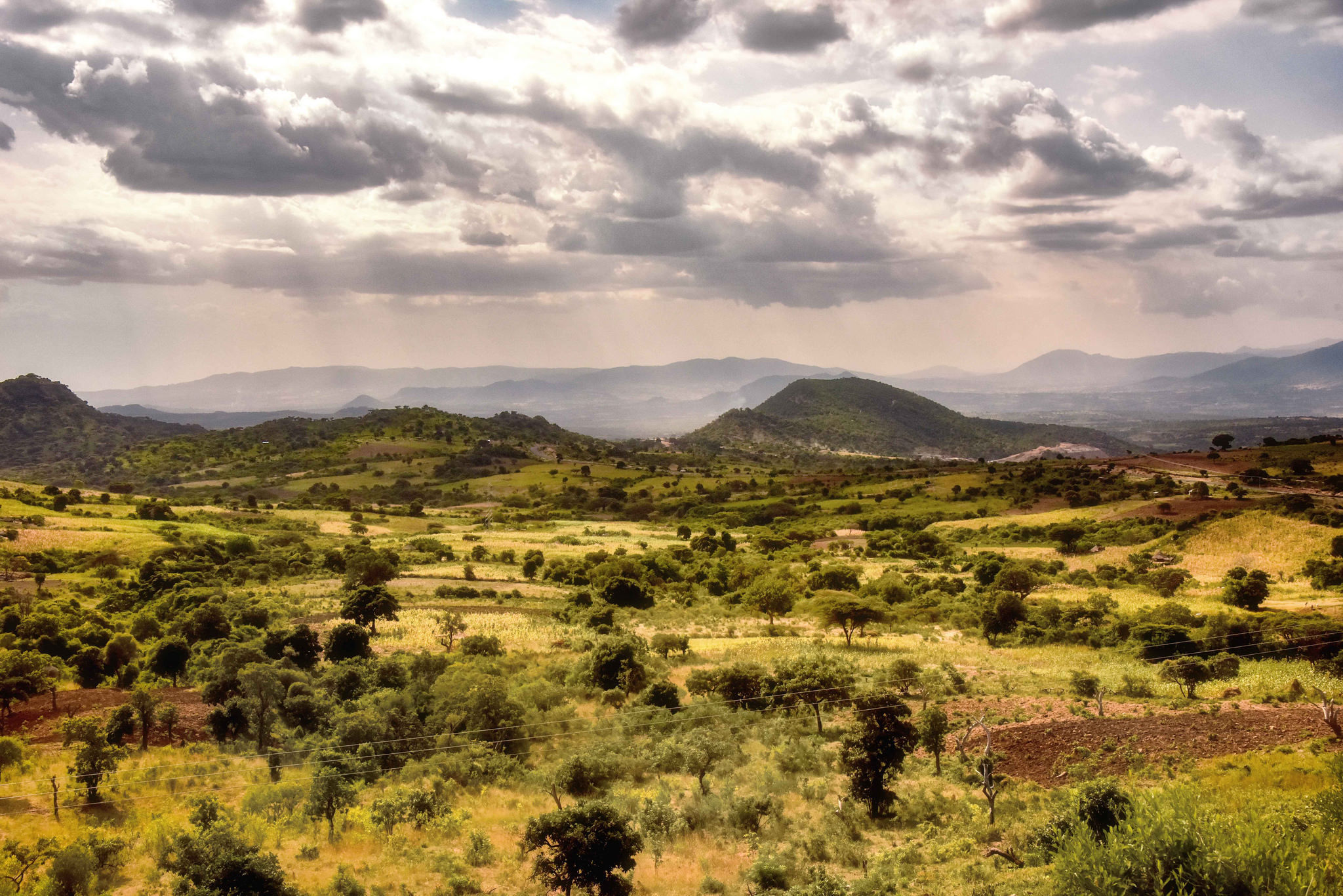
During Ethiopia’s bout of communism in the 1970s and 1980s, the government nationalized the land and converted much of it for agriculture, leaving only 5% of the country’s forests—a 45% decrease from the beginning of the century.
Now, thanks to a growing partnership between ecologists and the country’s Tewahedo churches, biodiversity is making a comeback.
“If you see a forest in Ethiopia, you know there is very likely to be a church in the middle,” writes Alison Abbott in Nature. “…These small but fertile oases — which number around 35,000 and are dotted across the country — are some of the last remaining scraps of the tall, lush natural forests that once covered Ethiopia, and which, along with their biodiversity, have all but disappeared.”
Thanks to the efforts of forest ecologists like Alemayehu Wassie and Meg Lowman—who have secured small grants to conduct a range of educational workshops and research activities in the area—Ethiopia’s churches are beginning to see the value of reforestation and have become active partners in the renewal:
Wassie, who has long championed conservation work in the northern highlands of the country where he grew up, has forged an unusual collaboration with the Ethiopian Orthodox Tewahedo Church to try to save the forests. The project is a work in progress, says Wassie. But now, local residents, along with their priests, are helping to slow attrition of their church forests.
…When Wassie first started surveying the forests in the early 2000s — counting individual species and saplings — priests didn’t understand why he was doing his work, says Wassie. “It appeared to them to have no advantage to the church or the community.”
By the time he had finished his PhD thesis in 2007, at Wageningen University in the Netherlands, he had documented vegetation diversity in 28 church forests in South Gonder…Wassie has now surveyed the vegetation in more than 40 church forests.
Reforestation offers plenty of physical benefits, Abbott explains, including cooler temperatures, greater humidity, better water conservation, reduced soil erosion, and comfortable habitats for birds and insects that “help pollinate crops and control pests.”
But as local residents have begun to realize, better environmental stewardship aligns with their theological orientation and broader spiritual calling as well:
The [Orthodox Tewahedo] church, to which more than half of Ethiopians belong, views the natural forest as a symbol of heaven on Earth, where every creature is a gift from God and needs its habitat.
“It’s a remote part of the world, where the natural environment has become part of the spiritual environment,” says Christof Mauch, director of the Rachel Carson Center for Environment and Society at the University of Munich, Germany. “It is culturally, as well as scientifically, important to save these pockets of forests,” he says.
There’s a lesson here in how Ethiopia’s biodiversity came to be so diminished in the first place—namely, that centralized control of the environment brings the same fatal conceits and disastrous results as that of the marketplace. “Productivity could have been increased by using technologies rather than expanding farmland,” explains Wassie. Such an approach would have required individualized and specialized knowledge—aligning and adapting to changing tools and technologies and applying them to local environments and conditions. Instead, the country got thrown to the short-sighted dreams of central planners.
But there’s another lesson here that’s just as important. In the wake of such blindness and reckless destruction, we see the perseverance of innovative individuals and communities voluntarily coming together to rebuild and restore that which was lost. We see humans made in the image of God amid institutions contorted by the love of man, using their God-given creative capacity to participate with nature and restore the created order.
This is the task we’ve been called to, and regardless of whatever dysfunction may surround us—environmental, economic, political, or otherwise—these are the features we know will endure.

